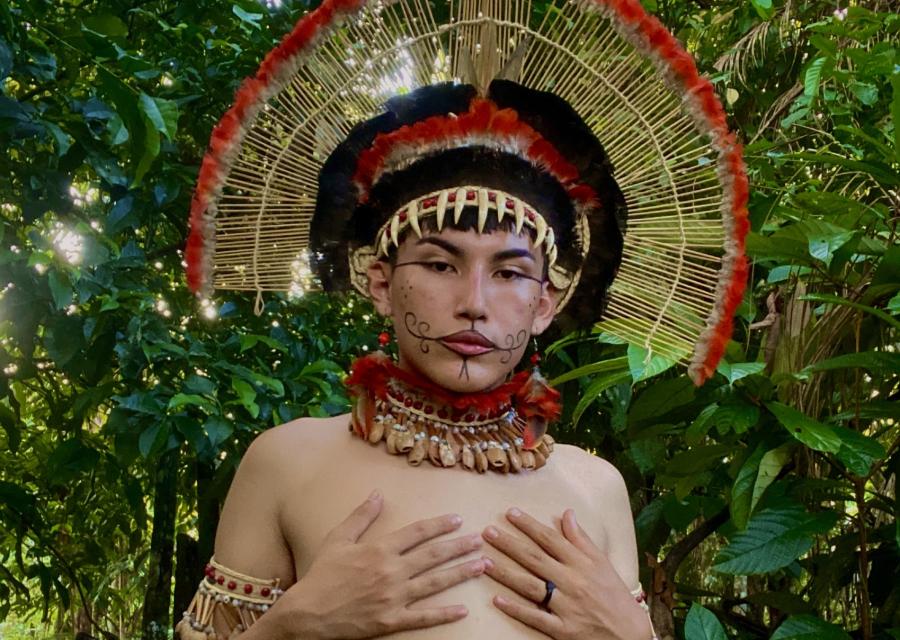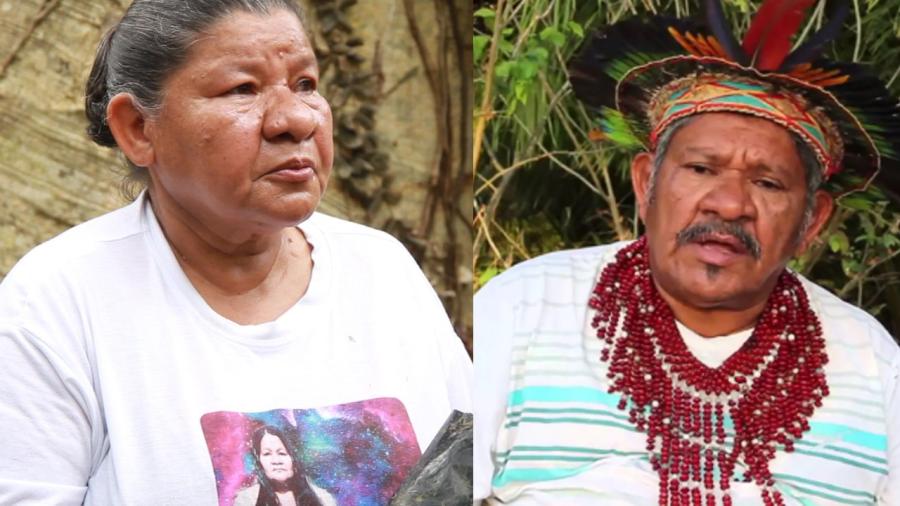Cultural Survival congratulates new Right Livelihood Award winners Nnimmo Bassey and Erwin Krautler, both lifelong champions for Indigenous Peoples’ rights and environmental protection. Bassey, a Nigerian poet/environmentalist, and Krautler, a Brazilian Catholic bishop, are two of four recipients of this year’s award, which is widely known as the “Alternative Nobel Prize.” The Right Livelihood Award honors and supports those "offering practical and exemplary answers to the most urgent challenges facing us today." There are now 141 Laureates from 59 countries.
Cultural Survival’s Global Response program has long worked in partnership with Nigerian prize-winner Nnimmo Bassey, who chairs the board of directors of Friends of the Earth International and also heads their Nigeria chapter, Environmental Rights Action. “For the last two decades, since the tragic execution of Ken Saro Wiwa and eight other Ogoni anti-oil activists in Nigeria, Nnimmo has lead the fight to protect the Niger Delta’s environment, defend the rights of the Indigenous communities, and hold the oil companies accountable,” said Paula Palmer, director of the Global Response program. Most recently, Global Response campaigned with Bassey to end the wasteful and destructive practice of gas flaring. The campaign won a landmark ruling by a Nigerian High Court in 2005 that found gas flaring to be unconstitutional and damaging to people and the environment, but the pro-oil government has not enforced a ban on the practice.
The Right Livelihood Award honored Bassey for "revealing the full ecological and human horrors of oil production" and for efforts to "strengthen the environmental movement in Nigeria and globally."
Erwin Kraeutler, an Austrian-born Catholic bishop in Brazil, was given the award for his "lifetime of work for the human and environmental rights of indigenous peoples." The jury also mentioned his "tireless efforts to save the Amazon forest from destruction."
Krautler has won important victories for Brazil’s Indigenous Peoples, starting with a successful effort in the 1980s to include Indigenous Peoples’ rights in the Brazilian constitution. Motivated by the teachings of liberation theology, Krautler currently heads the Indigenous Missionary Council (CIMI) of the Catholic Church in Brazil. He teaches that a Christian must take the side of the powerless and oppose their exploiters.
This understanding propelled him to oppose construction of one of South America’s most controversial energy projects, the Belo Monte dam. If built on the Xingu River, Belo Monte would destroy 1,000 square kilometers of forest, flood a third of the state capital city, Altamira, and force 30,000 people to relocate. Krautler, whose diocese encompasses Altamira and many Indigenous communities along the Xingu River, said of the Indigenous inhabitants of the region, "They must be consulted and they haven't been. Indians have been massacred in Brazil for centuries."
Cultural Survival’s Global Response program has campaigned for more than a decade to stop construction of the Belo Monte dam and to end the atmosphere of impunity that has permitted the assassination of hundreds of environmental activists in the region, including the Catholic nun Dorothy Stang.


